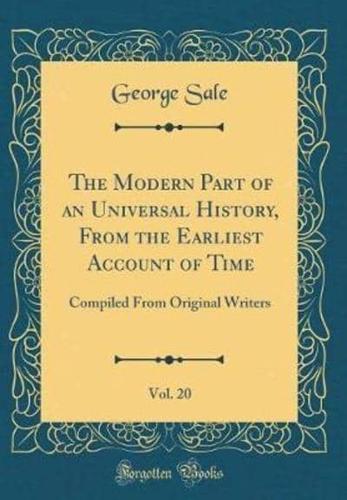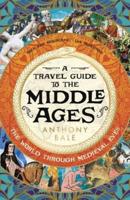Publisher's Synopsis
Excerpt from The Modern Part of an Universal History, From the Earliest Account of Time, Vol. 20: Compiled From Original Writers
WE come next to defcribedhe province Of O'd caiit, fo Situation called, becaufe it was recovered from the Moor: long before qftbilfra that which is {tiled the Now; as it ?ood in the times of which mime, and we are writing, it was feparated from the kingdom of Leon byr'n manner the following little rivers, Carrion, Pr'fuergo, How, and Re 0 it: hing game; and, on the Other fide, it was bounded by the A?u (miffed rial, Bifray, and the little province of Rioja; towards thefm 'b' fouth it had for its limits the mountaips of Segovia and lying in the middle between the Chrifiian kingdom of 01111210 ind Leon, and the Maari/b fovereignty of Cordow f. As this country was extremely fertile in corn and wine, abounded with excellent paflure, and was confequently well flocked with cattle, and the beft watered of any province in Spain, in need not wonder that both nations were defirous Of being its matters. We are told by an eminent and elegant bil'to rim, that, even while it remained under the dominion of the Moors, there were feveral great lords who maintained them felves in the poltefiion of certain difiriets, and who, by degrees incrcafing in wealth and power, at length {hook off the yoke of the infidels, and put themfelves, as it was very natural for them to do, under the proteetion Of the kings Of Oviedo 3.
About the Publisher
Forgotten Books publishes hundreds of thousands of rare and classic books. Find more at www.forgottenbooks.com
This book is a reproduction of an important historical work. Forgotten Books uses state-of-the-art technology to digitally reconstruct the work, preserving the original format whilst repairing imperfections present in the aged copy. In rare cases, an imperfection in the original, such as a blemish or missing page, may be replicated in our edition. We do, however, repair the vast majority of imperfections successfully; any imperfections that remain are intentionally left to preserve the state of such historical works.






